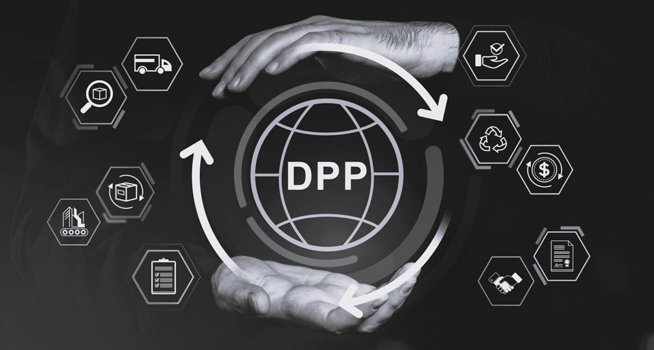The implementation of the Digital Product Passport (DPP) for construction products, which is anchored in the revised EU Construction Products Regulation (CPR), is progressing. The DPP, which aims to digitalise product information to ease access to data in the construction sector, will be a key compliance tool for construction products CE-marked under the new CPR.
Recently, the European Commission launched a consultation on DPP service providers, to which Glass for Europe contributed (the response is here). In its input, GfE stressed the need for a flexible and cost-effective framework, reflecting the diversity of the flat glass value chain, from large float glass producers to smaller downstream processors. Glass for Europe also highlighted that millions of DPPs could be required in the flat glass sector alone, underscoring the need for affordable, efficient and scalable systems. Finally, GfE warned against the risks of burdensome certification schemes and emphasised the importance of robust data protection and differentiated access rights to sensitive information.
Meanwhile, a feasibility study on the DPP for construction products mandated by the European Commission was published in June. The study evaluates three system options: centralised, decentralised with licensed service providers, and decentralised with manufacturer-managed databases. Glass for Europe takes note of the study’s conclusion that the second option appears to offer the best balance between all considered KPIs (e.g. scalability, flexibility, security, time-to-market, etc.) and will continue to follow the implementation of this project.
The European Commission will now draft a delegated act that defines the technical, legal, and operational framework for the DPP. This piece of secondary legislation will play a crucial role in ensuring that the DPP system supports the competitiveness of the construction value chain.
As rightly pointed out by the feasibility study, “Cooperation during the implementation of the DPP system will be a cornerstone, regardless of the selected option. This cooperation includes the Commission, National public bodies, CEN/CENELEC, EOTA, industrial associations, manufacturers, construction companies, etc.”
Glass for Europe stands ready to convey insights on digitalisation from the flat glass sector to authorities and other relevant stakeholders.





